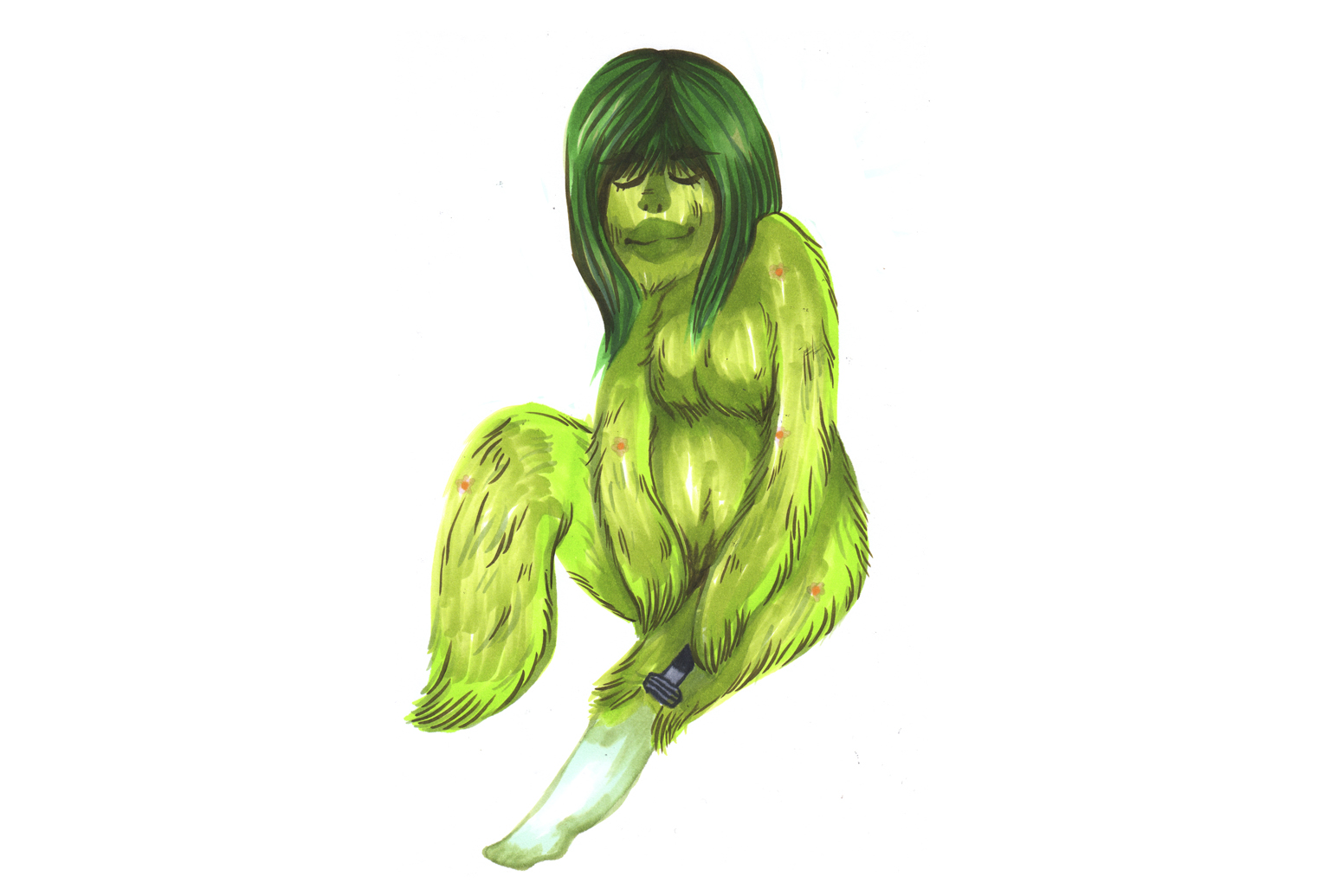While going about my business this past weekend, sitting on the porch drinking coffee while admiring the Serengeti that is my front yard, I heard a sound rising over the houses and trees, a gentle whirring that seemed to rise up from the earth itself. I looked up and squinted into the sunlight. The rain had stopped. Birds were singing. I knew the sound well: a lawn mower, the ultimate symbol of victory in the eternal war between humans and the natural environment.
As a former Midwesterner, I understand what is at stake. There, tending the grass takes on the role of an almost sacred duty, in a decidedly “stewards of the earth” fashion. It asserts humanity’s continued dominion over nature. Through this ritual culling of grass, the vast unruly prairies are brought to order. It accounts, too, for the visceral horror instilled in the neighbors when a lawn is unkempt, for it gestures toward the dissolution of the entire social order.
Which is to say: there is a reason a well-maintained lawn resembles a 1950s-era military haircut. It is how we maintain discipline over the natural beauty that surrounds us.
Here in the Pacific Northwest, lawn care is a different story. In the land of constant rain and mild winters, lawn mowing takes on a decidedly less vindictive character. We appear less eager than our Midwesterner counterparts to take revenge on Mother Nature for forcing us to scrape ice off the windshields of our cars for five months of the year.
And yet I believe the dulcet tones of the mowers in springtime serve as a reminder to all of us that, regardless of your shortcomings or failures in life, whatever you have done or have failed to do, you are still a member of a species that uses heavy machinery and petroleum-based fuel to tend the vegetation in your front yard.
Is this overkill? Perhaps. But it is the way of our people.
And so I did what any good American would: I pulled my lawnmower out of hibernation and set about my duty to tame Mother Nature, that heinous wench, with rotating blades and a gasoline-powered internal combustion engine. The sound of sticks, twigs and pine cones cracking and exploding out of the blades told me that Mother Nature doesn’t stand a chance. Not to mention, the mower is literally powered by liquefied dinosaurs.
In the end, I like to think that Mother Nature learned a valuable lesson in all of this. I prefer to think of mowing the lawn not as an act of routine maintenance of one’s grass, but rather a punishment for growing too tall for its own good.
The ultimate goal of any lawn care professional should be instilling fear into the lawn to such a degree that it would rather keep itself short than deal with the wrath of the lawnmower. That should be our ultimate goal as wardens of the earth—it should fear us and keep itself in line. Only then will you be the master of your domain.






